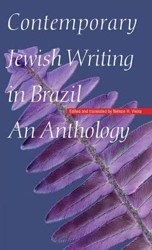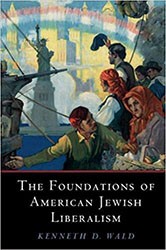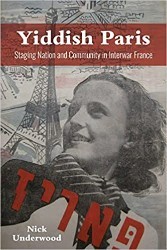The term “Jewish self-hatred” has come to be understood as an example of self-loathing and has often been used as an instrument of censure and criticism, particularly when it is applied to Jews critical of contemporary Zionism and Israeli policy. Paul Reitter argues that the term’s original meaning had nothing to do with Jewish self-contempt and runs directly counter to conventional wisdom, recent scholarship, and usage, such as Sander Gilman’s much celebrated book, Jewish Self-Hatred. It was formulated, rather, to promote a more positive outcome. For Anton Kuh, the popular Viennese-Jewish journalist and comedian, and Theodor Lessing, the German-Jewish philosopher, who respectively coined and popularized the concept in the inter-war period, the term had a very serious and redemptive meaning. Its purpose was to offer Jews a different existential option from the prevailing alternatives of Zionism or assimilation. Given the challenges faced by German Jews, whose integration had stalled by the early twentieth century, the concept of Jewish self-hatred emerged as part of a nuanced self-criticism and affirmative discourse with the purpose of helping Jews and others move away from self-hatred into a more promising future. Thus as originally formulated and understood, the term was positive, even salvific, more a solution to the Jewish situation than a symptom of it.
The book provides an interesting lens through which to view the challenges faced by German Jews and some original and self-critical and intellectual contributions made by Kuh, Lessing, and others to help position Jews as they stood on what would become the eve of destruction. The tragedy is, of course, that these ideas were soon eclipsed by “real” hatred and genocide and thus were not able to get the hearing they deserved.

Nonfiction
On the Origins of Jewish Self-Hatred
- Review
By
– June 20, 2012
Michael N. Dobkowski is a professor of religious studies at Hobart and William Smith Colleges. He is co-editor of Genocide and the Modern Age and On the Edge of Scarcity (Syracuse University Press); author of The Tarnished Dream: The Basis of American Anti-Semitism; and co-author of The Nuclear Predicament.
Discussion Questions

Jewish literature inspires, enriches, and educates the community.
Help support the Jewish Book Council.



